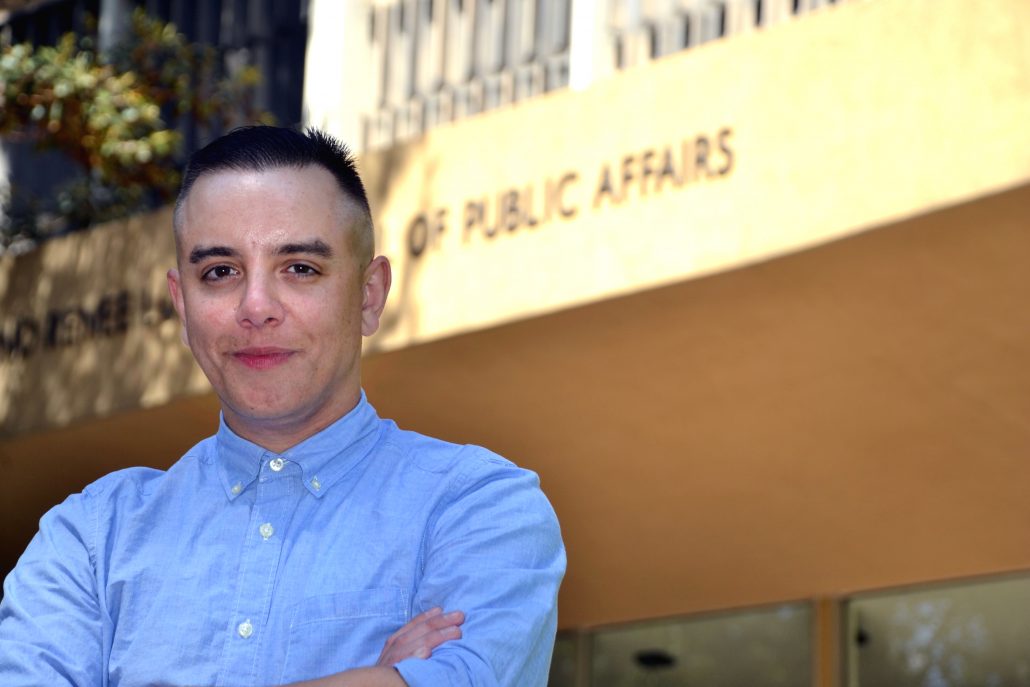Santos Takes Leadership Role at Hub for Latinx Scholars
Associate Professor of Social Welfare Carlos Santos has been named associate director of UCLA’s Chicano Studies Research Center. The center, part of UCLA’s Institute of American Cultures, supports intersectional research, programming and advocacy related to Chicano, Latino and Indigenous communities. “For decades, UCLA’s Chicano Studies Research Center has been a central hub for Latinx scholars and those studying issues affecting Latinx communities,” Santos said. “As part of UCLA’s commitment to become a Hispanic Serving Institution by 2025, we will help administer the hiring of several faculty, post-doc fellows and seed research grants. I am honored to support these and other exciting CSRC efforts intended to uplift Latinx communities.” Santos’ research explores ethnic-racial, gender and sexual minority identity among Latinx youth and young adults using an intersectional approach. He studies the contexts within which identities are formed, develop and change over time as well as the impact of discrimination and oppressive forces associated with these identities. Santos has received several early-career awards for achievement in research. He earned a doctorate in developmental psychology from New York University, a master’s degree in education from Harvard University and a bachelor’s degree from New York University. The Chicano Studies Research Center was established in 1969 to have a systemic impact on UCLA’s campus, within higher education and across society through original research on the Chicano and Latino communities in the United States. The center is now home to one of the most robust archives of Latino and Chicano materials in the country.

